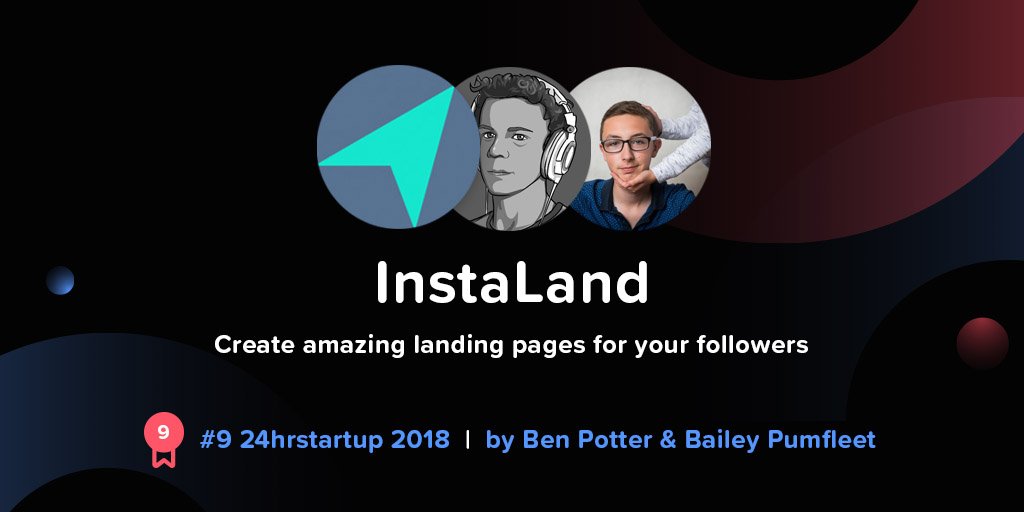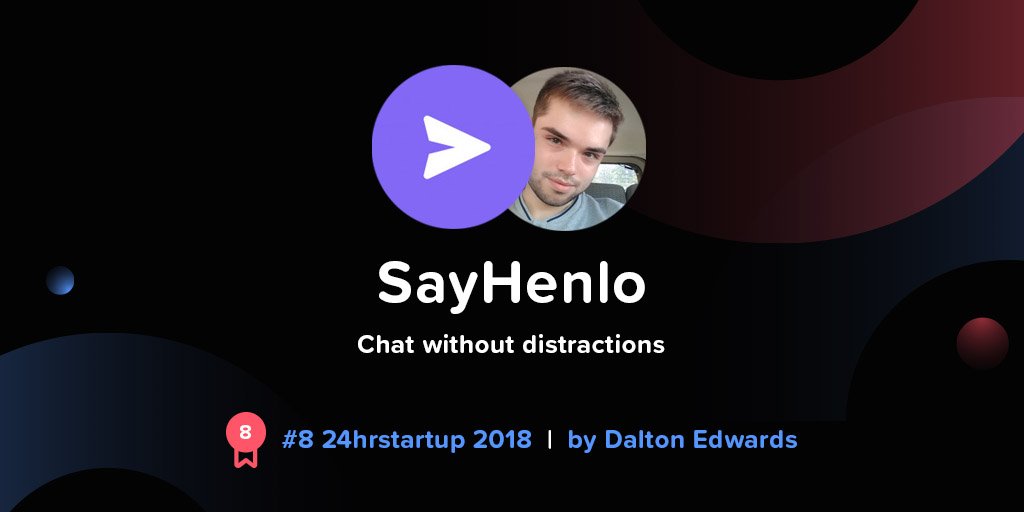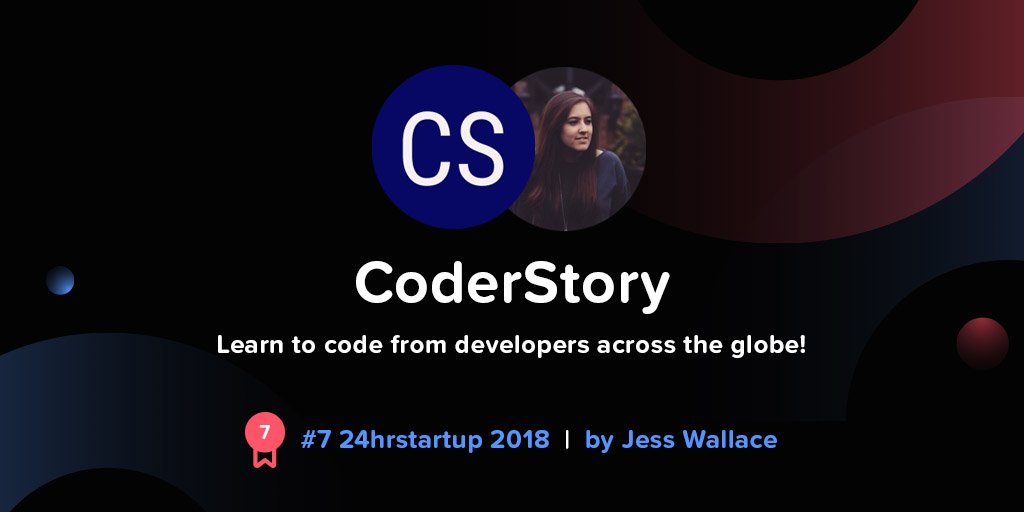It isn’t “I need $5 Million by Friday” but it’s close...





It is time... For reasons that will be clear tomorrow, we are going into the archives for the first 2021 edition of Value That Company!
— Matt Willes (@SkolCapital) January 12, 2021
Today: Consumer Finance
TTM: 217 M Rev; 12.7 M EBITDA
Prior year: 97 M Rev; -4.4 M EBITDA
2 yr ago: 23 M Rev; -2.9 M EBITDA
More details: https://t.co/rn8lbARa4V

Ok, stealing my thunder from tomorrow, BUT:
— Matt Willes (@SkolCapital) January 12, 2021
5% of customers never make even 1 payment: 100% loss rate
24% default before maturity: 15% loss rate
32% payoff < 90 days: 7% avg ROI
11% payoff > 90 days: 91% ROI
28% go full term: 121% ROI



Sounds similar to your former portco Acima.
— Irish Capital (@IrishCapMGMT) January 12, 2021
For others, Acima just agreed to sell to Rent-a-Center for $1.65bn or ~1.3x revenue per the article. https://t.co/Ihm3TeURsQ




Budgeting, the 50-30-20 rule, and the envelope method
— Kostas \U0001f468\u200d\U0001f4bc \U0001f4c8 \U0001f4b8 (@itsKostasWithK) January 6, 2021
Your first step towards financial independence
/THREAD/ pic.twitter.com/Tmuc3Itca5
The most important number for your retirement: The 4% rule
— Kostas \U0001f468\u200d\U0001f4bc \U0001f4c8 \U0001f4b8 (@itsKostasWithK) January 7, 2021
What Is the Four Percent Rule?
/THREAD/ pic.twitter.com/8n1R1UZI5c
The Miracle of Compound Interest and the Rule of 72
— Kostas \U0001f468\u200d\U0001f4bc \U0001f4c8 \U0001f4b8 (@itsKostasWithK) January 2, 2021
//THREAD// pic.twitter.com/AOqd3kL6cn
Jack Bogle, the Father of Indexing
— Kostas \U0001f468\u200d\U0001f4bc \U0001f4c8 \U0001f4b8 (@itsKostasWithK) January 8, 2021
How John "Jack" Bogle's creation impacted investors more than Bill Gates, Steve Jobs, and Warren Buffett combined
/THREAD/ pic.twitter.com/4wPi8x3cXn
I'm increasingly interested in the idea of "personal moats" in the context of careers.
— Erik Torenberg (@eriktorenberg) November 22, 2018
Moats should be:
- Hard to learn and hard to do (but perhaps easier for you)
- Skills that are rare and valuable
- Legible
- Compounding over time
- Unique to your own talents & interests https://t.co/bB3k1YcH5b
People talk about \u201cpassive income\u201d a lot but not about \u201cpassive social capital\u201d or \u201cpassive networking\u201d or \u201cpassive knowledge gaining\u201d but that\u2019s what you can architect if you have a thing and it grows over time without intensive constant effort to sustain it
— Andrew Chen (@andrewchen) November 22, 2018
Things that look like moats but likely aren\u2019t or may fade:
— Erik Torenberg (@eriktorenberg) November 22, 2018
- Proprietary networks
- Being something other than one of the best at any tournament style-game
- Many "awards"
- Twitter followers or general reach without "respect"
- Anything that depends on information asymmetry https://t.co/abjxesVIh9



